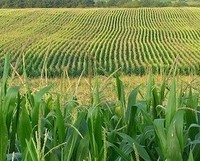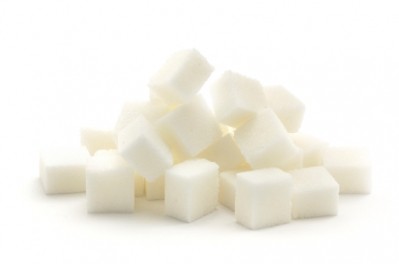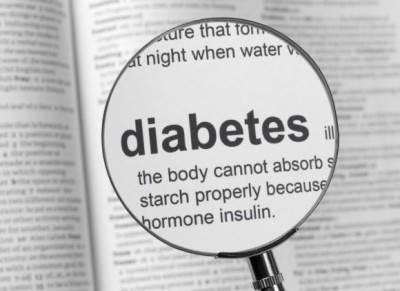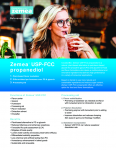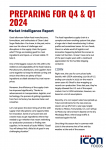CRA president: ‘Corn sugar’ campaign wasn’t some kind of bait and switch effort to deceive people about HFCS
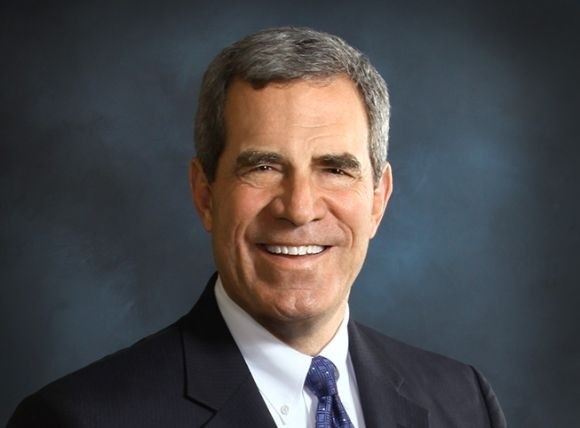
Speaking to FoodNavigator-USA after launching a new online campaign stressing the association’s longstanding message of ‘calories in, calories out, sugar-is-sugar whatever the source’, Bode has spent his time since taking the helm at the CRA in May doing what trade association bosses do: building relationships, advancing sustainability initiatives, pushing for a Farm Bill that advances members’ interests, and wrangling over Country of Origin Labeling.
We’re fighting a 10-year-long smear campaign
But by far the biggest challenge for the lawyer and Washington DC veteran has been fighting what Bode describes as a “10-year-long smear campaign” waged against HFCS by the Sugar Association, the CRA’s arch nemesis.
Sugar refiners, he alleges, have spent a fortune - in part via lobby group Citizens for Health - promoting the argument that HFCS is metabolized differently than sugar (sucrose) and plays a unique role in obesity and type 2 diabetes, something Bode claims is simply not supported by the evidence.
The bond joining fructose and glucose in sucrose is broken by enzymes as soon as sucrose hits the small intestine, which means sugar is metabolized as free fructose and free glucose, exactly the same way that HFCS is, claims Bode.
As for the correlation between consumption of HFCS and obesity/diabetes, intakes of HFCS have declined in recent years while obesity levels continued to rise, while obesity is also a problem in countries such as the UK and Australia where little or no HFCS is consumed, he adds.
“HFCS’s reputation has been tarnished by a purposeful campaign by the Sugar Association over 10 years to disparage HFCS and mislead the public, but the fact remains that HFCS contain roughly the same level of glucose and fructose and are nutritionally equivalent.”
The corn sugar petition was defeated on narrow technical grounds
However, the dispute with the sugar lobby - which is being waged in the courtroom as well as the court of public opinion - has been getting uglier by the day, he acknowledges.
The row between the parties began in 2010 when the CRA petitioned the FDA to recognize ‘com sugar’ as an alternate term for HFCS on the grounds that the name had led many consumers to believe that HFCS contains significantly more fructose than table sugar. It then followed up with a high-profile media campaign promoting ‘corn sugar’.
However, the move was opposed by sugar refiners and farmers who filed a false advertising lawsuit against CRA members in April 2011 accusing them of deceiving the public.
The FDA, meanwhile, rejected the petition on what Bode claimed were “narrow technical grounds” (in labeling law, the word sugar typically refer to solids and HFCS is a liquid; and consumers associate ‘corn sugar’ with dextrose, and would be confused by a change).
However, in terms of its nutritional value, the FDA clearly considers HFCS to be an added sugar, and requires it to be identified as a sugar on the Nutrition Fact Panel, even if it doesn’t like the term ‘corn sugar’, points out Bode.
As for the false advertising lawsuit, Bode says he is “very confident” of success, noting that the judge has refused to dismiss a countersuit filed by the corn refiners that accuses sugar firms of conducting a “systematic campaign” to vilify HFCS.
‘Natural’ sugar vs ‘artificial’ HFCS?
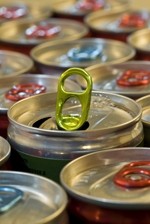
As for the attempts by the sugar lobby to present HFCS as ‘artificial’ while sugar is ‘all-natural’, this doesn’t wash if you’ve ever visited a beet processing facility, notes Bode, who points out that there is just as much ‘processing’ required to produce crystalline white sugar from sugar beet (which like corn, is primarily produced from genetically engineered crops in the US) as there is to make HFCS.
He also notes that the FDA sent the CRA a letter in 2008 (click here) clarifying that it would not object to the use of the word natural in relation to HFCS that had been produced using a method employed by ADM.
“Our friends from the sugar industry want to make up some new definition of natural but they can’t meet their own definition.”
Corn sugar campaign wasn’t some kind of bait and switch effort to deceive people
But was the whole ‘corn sugar’ petition and campaign really worth all the hassle given that the FDA ultimately rejected it (resulting in good PR for the sugar lobby), and the CRA was slapped with a false advertising lawsuit it is still fighting today?
Absolutely, says Bode, who says the episode got the issues out in the open, while recent research suggests that consumers are more interested in controlling their intake of total sugars than avoiding HFCS, while big brands that have dropped HFCS as a PR move have not reaped the commercial benefits they hoped, with some even quietly switching back in recent years.
“We did not mislead anybody,” insists Bode. “The corn sugar phrase was always used in conjunction with HFCS; it wasn’t some kind of bait and switch effort to deceive people but to use language that would better convey what HFCS actually is.”
Sugar Association: Growing body of research shows differences between HFCS and natural sugar have health implications
However, in a statement sent to FoodNavigator-USA this afternoon, Adam Fox, a partner at law firm Squire Sanders, which is representing the Sugar Association in the ongoing legal dispute, said: "The origin of the dispute between sugar farmers and the corn processing industry stems from the concerted multi-million dollar campaign by ADM, Cargill and other members of the CRA to advertise HFCS as the same as common table sugar.
"They market HFCS as 'natural' even though its manufacture requires advanced technology to molecularly transform corn starch. They call it 'corn sugar' even though the FDA has long reserved that name for a distinct food ingredient and explicitly rejected CRA’s name change petition.
"They advertise HFCS as something about which 'your body can’t tell the difference' from sugar despite peer-reviewed scientific publications belying this assertion."

